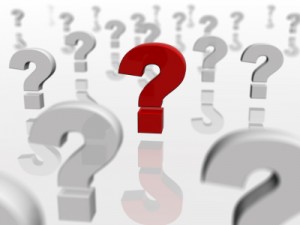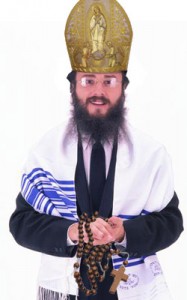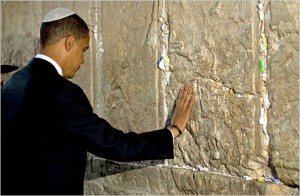In a recent talk Rabbi Harold Kushner, author of When Bad Things Happen to Good People, pointed out a unique feature of the Hebrew language. It contains two words for the one English word “why.” The two Hebrew words are maduah and lamah.
Why do we need two words? Because each conveys a different attitude.
Words Shape Our Attitude
Maduah is passive. It is used by the person who asks, “Why did this happen to me? Why did God do this? Why is life treating me this way?”
It suggests we are at the whim of people and forces outside of our control. It echoes the biblical book of Ecclesiastes, which says, our work and our dreams are “meaningless, a chasing after the wind.”
Lama conveys a different attitude. Someone who uses the word lama is not asking, “Why did this happen to me?” She is asking, “To what purpose is this event? What can I learn from it? Now that this has happened, how best can I respond?”
One kind of question leads to frustration and despair. The other leads to growth and change. One looks for someone or something to blame. The other embraces responsibility. One looks backward. The other pushes forward.
And asking the right question can make all the difference.
Saving Her Life By Saving Others
Rabbi Sidney Greenberg illustrates this truth in a story of a hospital visit he once made. He was going to see a member of his synagogue who was ill.
On his way to her room, he ran into a hospital volunteer. He couldn’t believe this volunteer was there.
She had just recovered from an awful cancer, and had gone through a divorce in the process. She had so much to be upset about, and yet here she was volunteering at the hospital.
He asked her, “With all your troubles, where do you get the strength to help others?”
“Rabbi,” she said, “this work saves me. If I didn’t come here twice a week, I don’t think I’d be able to carry on at all.”
Giving gives us life. It nourishes us. It holds us up when we feel like falling.
The Dead Sea and the Sea of Life
We find proof for this lesson in the very geography of the land of Israel. Israel has two main bodies of water: the Sea of Galilee and the Dead Sea. They are both fed by the Jordan River.
Yet, they differ significantly.
The Sea of Galilee is full of life. It has greenery, fish, living creature. The Dead Sea, as its name implies, has no life. What’s the difference?
The Dead Sea receives water, but does not give it. The Sea of Galilee both receives and gives.
The Dead Sea is a reservoir. It keeps its water for itself. The Sea of Galilee is a spring. It gives so that it lives.
So can we.
To receive Rabbi Moffic’s weekly digest of Jewish wisdom, click here.


